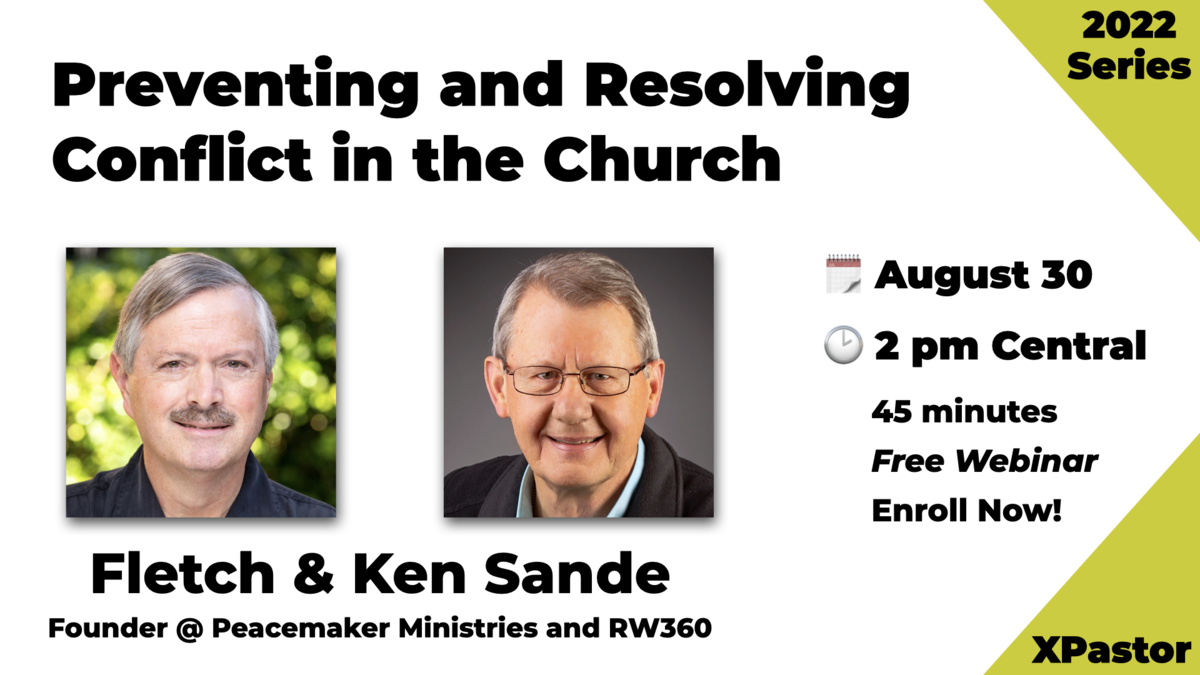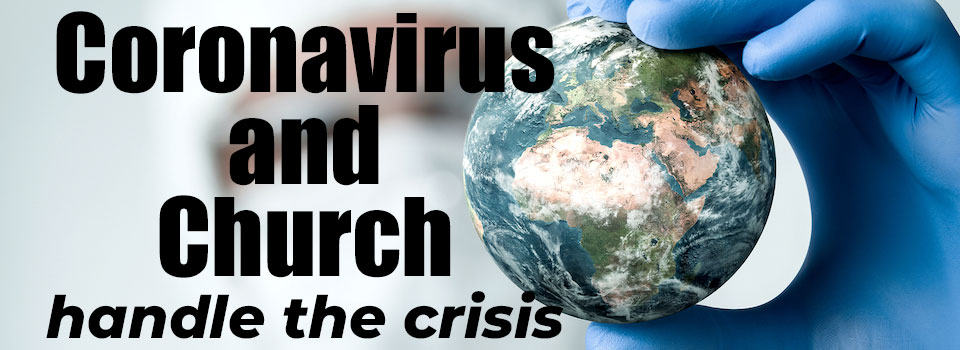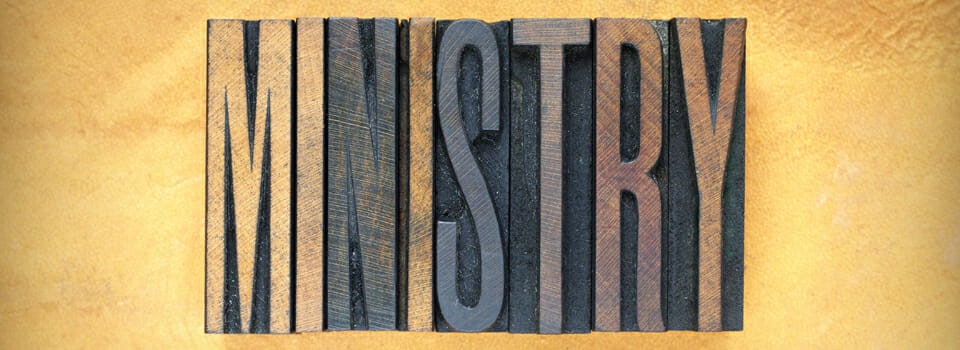I recently visited with a pastor of a large church who articulated his concern for the state of music and worship in the church. He described his view of church music as a “cutting of the cord” to the church’s past and rich history. Stay with me … he then asked several questions that I’ve been pondering for over a decade:
- Are we (as churches and worship leaders) floating along waiting for songs that are filled—or maybe not filled—with solid theology to drop out of the sky?
- Where do we get those songs?
- Who is writing them?
- Are we singing songs in our churches that sound good but force our minds to recite ideas that may or may not be true?
Recently, there has been some debate around the music ministry of Bethel Music. I won’t attempt to enter that discussion today—or maybe ever. However, there is a component to the debate I find more interesting than whether or not they are a solid ministry; that is, who is writing songs and to what theological bent? For some churches, Bethel songs might be right up their alley; for others, their songs may not serve their congregation well. This was ultimately the heart of my pastor colleague’s question: Who is going to write the songs for my church? Bethel Music? Passion? Elevation?
I heard a speaker years ago plead with a large assembly of future worship leaders to stay grounded in good theology and spend much time reading Scripture before attempting to write songs for the church. During her talk, she reminded us that lyrics wrapped in music are much more memorable than sermons. She started singing How Great Thou Art and pointed out that there is likely no sermon that the masses recall as potently as that great song.
Over the following ten to fifteen years, I watched artists and movements write songs for the church, some better than others. I discovered that it is my job, as the worship pastor, to examine each song and determine its use for our church on Sunday mornings. As worship leader, I am the person charged with being the filter between the Christian music industry professionals and my church.
As I filtered, I found some songs were excellent but some didn’t make the cut. Reasons being: too artistic, too slow, too long, pauses between lyrical phrases were too great, and more. Some songs needed the bridge removed (I had one bandmate call this the “wedding version” of a song). I also learned to look for good songs, not just follow bands or artists in order to bring all their songs into our church. I learned that some great musicians may only write one song that was good for my church. I was glad to find that one song that could be used in our worship services.
Someone might say that worship leaders need the skill of being a “constant curator” of the songs they hear, adapting the song—no matter who the author—for its church’s use. Some band members may make that a difficult task. Some musicians are more talented, willing, excited and understanding than others about what you’re trying to accomplish by this modification. Some band members don’t love rehearsal and no one wants their time wasted. But this is a critical need during a crucial time for churches throughout North America.
So, back to my friend’s question of who is going to write the songs for my church? The answer is that many artists around the world will be the writers for your church. However, the filtration, adaptation, and tailoring of songs for your church family will be left up to you as a local church pastor. So hire worship leaders well, obtain regular coaching and training, and initiate conversations with your worship teams. Communicate regularly with your worship leaders concerning the values and doctrine of your church. Because the most memorable sermon people may hear from your church may actually be a song.











